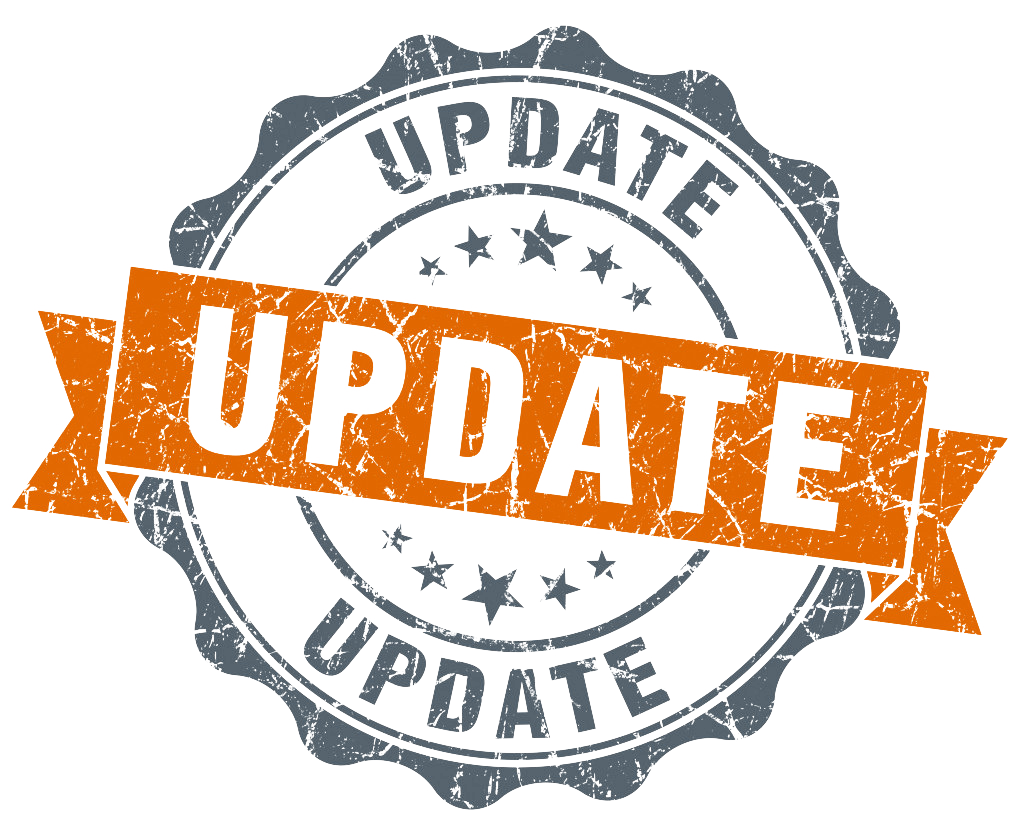Coronavirus Update – Georgia Law

Greetings, we have received some questions regarding the compensability of COVID-19 in Georgia Workers’ Compensation. My colleague Lexi Laufer in our Atlanta office was kind enough to put this together regarding GA law. The Florida analysis is below that, and I will be sending a TN analysis in the next few days. Lexi’s contact info is at the end for any follow up GA questions.
COVID-19, Compensable or Personal?
Generally speaking, diseases and illnesses are not considered to be compensable under the
Georgia Workers’ Compensation Code. However, O.C.G.A. § 34-9-280(2), carves out an exception for
“occupational diseases.” Thus, a Claimant would have to prove that COVID-19, or the corona virus, is an
occupational disease.
Occupational Diseases Defined, O.C.G.A. § 34-9-280(2)
The Georgia Workers’ Compensation Code defines, “occupational disease” as those diseases
which arise out of and in the course of the particular trade, occupation, process, or employment in which
the employee is exposed to such disease…”. This burden is more difficult for the employee to prove than
occupational injuries, as they not only have to prove that the disease simply “arises” out of the course of
their employment, but also that their particular trade, position, job duties or employment were the cause
of it.
If the employee can prove that the particular disease did, in fact, arise out of their employment using
the factors noted above, their job is still not done yet. O.C.G.A. § 34-9-280(2)(A)-(E), lay out 5 specific
requirements that must be proven to the State Board of Workers’ Compensation to prove that they have
an occupational disease. The 5 essential elements are:
1. A direct causal connection between the conditions under which the work is performed and the
disease;
2. That the disease followed as a natural incident of exposure by reason of the employment;
3. That the disease is not of a character to which the employee may have had substantial exposure
outside of the employment;
4. That the disease is not an ordinary disease of life to which the general public is exposed;
5. That the disease must appear to have had its origin in a risk connected with the employment and
to have flowed from that source as a natural consequence.
Requirements 3 and 4 tend to be employers saving graces, leading to the denial of many occupational
disease claims. More specifically, the Court of Appeals has held that the “general public” exclusion refers
to “…an ordinary disease of life to which the general public of Georgia is exposed.”
Proving an Occupational Disease
There is not a lot of case law regarding virus type illnesses. However, the Court of Appeals has
been confronted with a few cases in the workers’ compensation context involving whether malaria and
hepatitis B are occupational diseases.
The Malaria Case
In 2001, the Court of Appeals reviewed a case involving a Claimant’s exposure to Malaria. In
McCarty v. Delta Pride, the Court of Appeals found that malaria was not an ordinary disease of life to
which the general public in the state of Georgia would be exposed and was thus an “occupational disease”,
when a Claimant contracted the disease after being sent to Central America by his employer to do
irrigation work. McCarty v. Delta Pride, 247 Ga.App. 734 (2001). In essence, the employer could not hang
its hat on requirements 3 and 4 because while the Claimant was sent to Central America for work
purposes, an area in which malaria was an ordinary disease of life there, malaria is not a commonly spread
disease in the state of Georgia. Ultimately, this case was found to not be compensable on other grounds,
however, it established the standard of what the “general public” means in the workers’ compensation
context. If an employee is sent to another state for work where COVID-19 is heavily present, such as New
York and California currently, Claimants’ may attempt to use this case to allege that COVID-19 is an
occupational disease because there are not that many cases currently present in Georgia.
Hepatitis B
On the other hand, the court has also found that an emergency medical technician who
contracted hepatitis B, an infectious viral disease, was not an occupational disease. In Fulton-Dekalb Hosp.
Authority v. Bishop, the court emphasized that the technician could have unknowing and substantial
exposure outside of his employment, and thus, hepatitis B was found to be an ordinary disease of lift to
which the general public of Georgia was exposed. Fulton-DeKalb Hosp. Authority v. Bishop, 1988, 185
Ga.App. 771, 365 S.E.2d 549.
Takeaways
All things considered, to be compensable, a Claimant would have to prove that COVID-19 is not
an ordinary disease that the general public of Georgia is exposed to, but an occupational disease that
arose of out of their employment. For example, a healthcare worker who is working in a hospital treating
patients with COVID-19, or a maintenance man working in such a hospital could possibly prove that their
exposure to COVID-19 arose out of their employment; someone who just gets the virus would likely not
be able to prove that.
Judging from the news, social media, and mass hysteria surrounding COVID-19, it appears that it
would be a very difficult burden for a Claimant to prove. However, it is never a bad to exercise caution by
encouraging sick employees to stay home and those who are at work to wash their hands frequently.
Please let me know if you have any questions!
Lexi Laufer
llaufer@eraclides.com
(678)822-9660